While Hong Kong’s artistically inclined foreign domestic helpers enjoy the backing of NGOs, local consulates, employers and peers, there’s always room for more support. Faye Bradley reports.
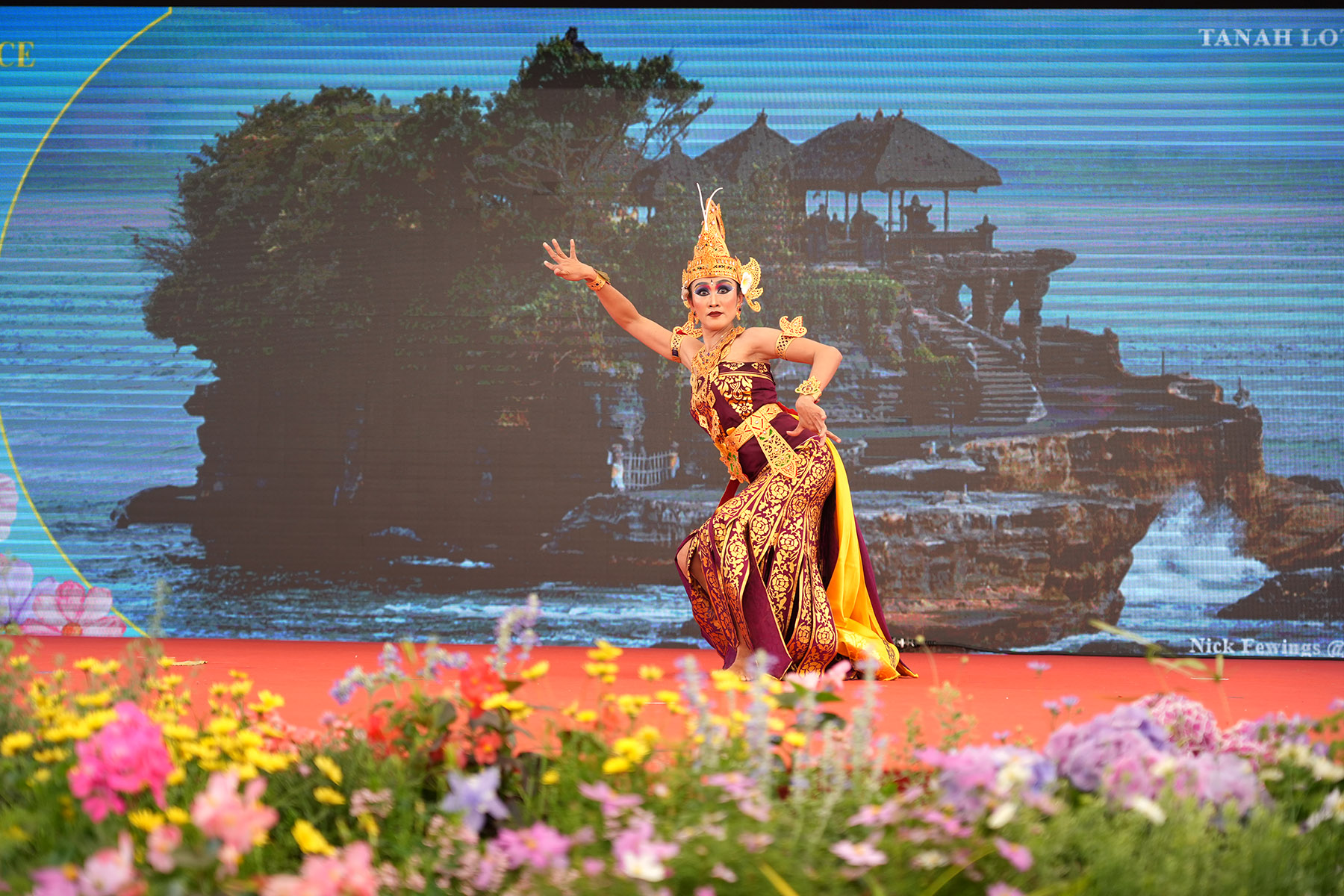
Every Sunday, Hong Kong’s Central transforms into an amorphous meeting place for foreign domestic helpers (FDHs) who fill its streets with music, laughter, and dancing. For many of them, it’s their only day off, and also a weekly window to engage with art.
A number of FDHs take their interest in the different art forms quite seriously. This was in evidence at the Foreign Domestic Workers Green Cultural Festival, also known as Sunday Vibes 2.0, held at Wong Tai Sin Square in March. Featuring workshops, performances, and exhibitions, the festival served as a showcase for the creative sides of a section of the around 368,000 FDHs in Hong Kong, constituting 9.6 percent of the city’s workforce.
READ MORE: Dancing with memories of home
Clemens Triaji Bektikusuma, consul for information and sociocultural affairs at the Indonesian consulate general in Hong Kong, reveals that “there are around 200 communities of Indonesian FDHs in Hong Kong, including around 50 with a focus on the arts”. He adds that several FDHs dedicate their weekly rest day entirely to honing their creative skills.
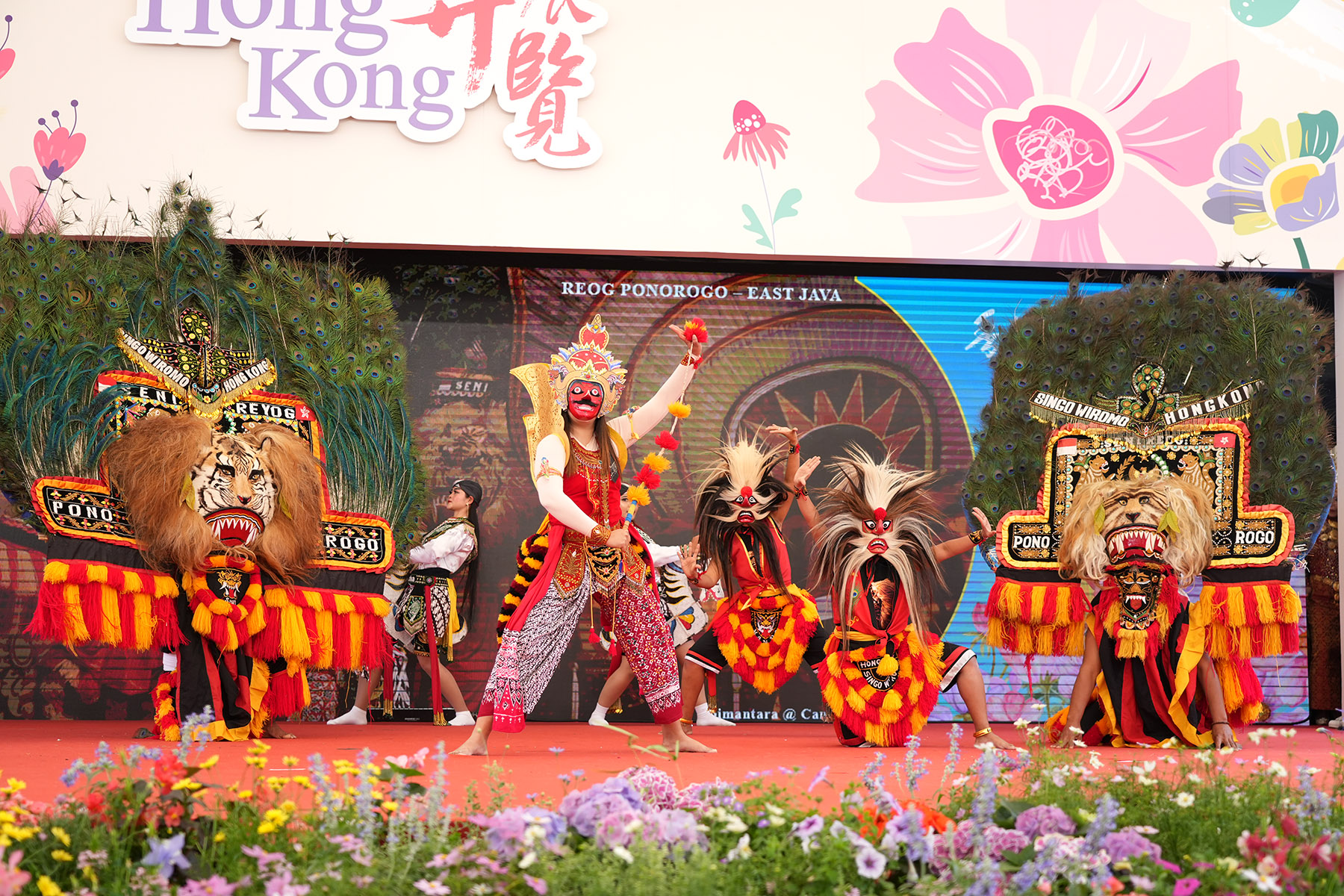
His sentiments are echoed by Marilyn Lopez, president of Guhit Kulay. Starting its life as a small support group for the city’s Filipina FDHs in 2017, Guhit Kulay has evolved into a thriving platform for members interested in painting, embroidery and photography.
“We are happy to be able to showcase our talent, and many people appreciate our art,” says Lopez, who was a Hong Kong FDH for over a decade. She stresses that it’s important to keep practicing the creative skills one picks up while in Hong Kong “so that we can use them when we return home”.
Lopez herself writes poems and makes artworks using resin on canvas. In July 2024, her piece Moments of Love was part of an exhibition at the Philippine consulate general in Hong Kong to mark the country’s National Disaster Resilience Month. She used sand from the coast of Abu Dhabi and shells picked up from a Hong Kong beach for the work.
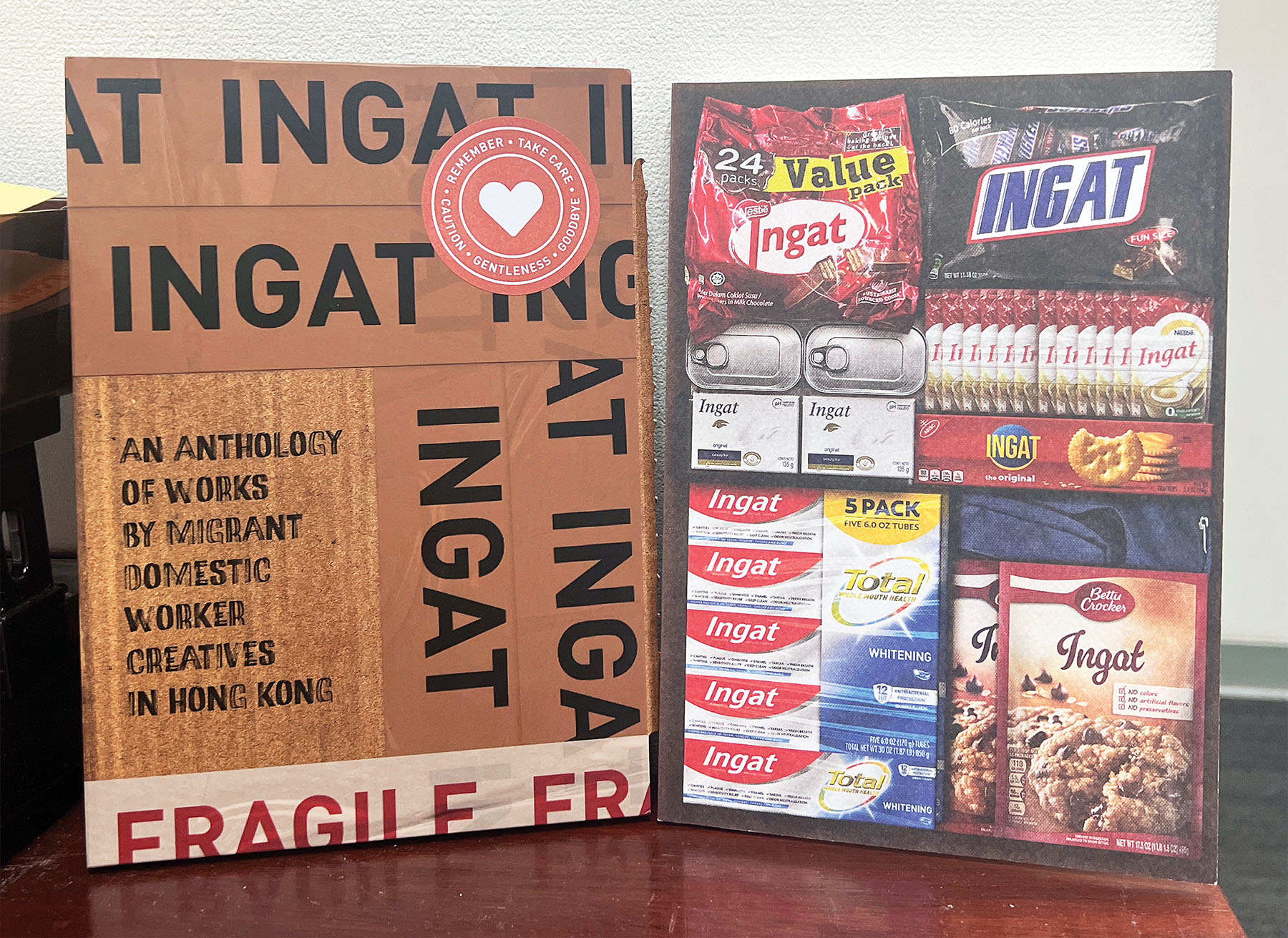
Lopez sees her creative process as a form of personal healing. While creating a piece can be a way of unwinding after a long day spent at work, “it is often our way of overcoming the personal struggles in our everyday lives.”
She and her peers run free art workshops for fellow FDHs, teaching them how to apply pastel colors and make upcycled sculpture, for example. “We believe that giving FDHs a space to showcase their talent can be a big encouragement,” she says.
On June 29, the Philippine consulate will partner with Guhit Kulay for a large-scale painting event. “It seems that Guhit Kulay’s journey has come full circle, going from being students to instructors, and the Philippine consulate is proud and happy to have been part of their voyage,” says Vice-Consul Allan G Revote.
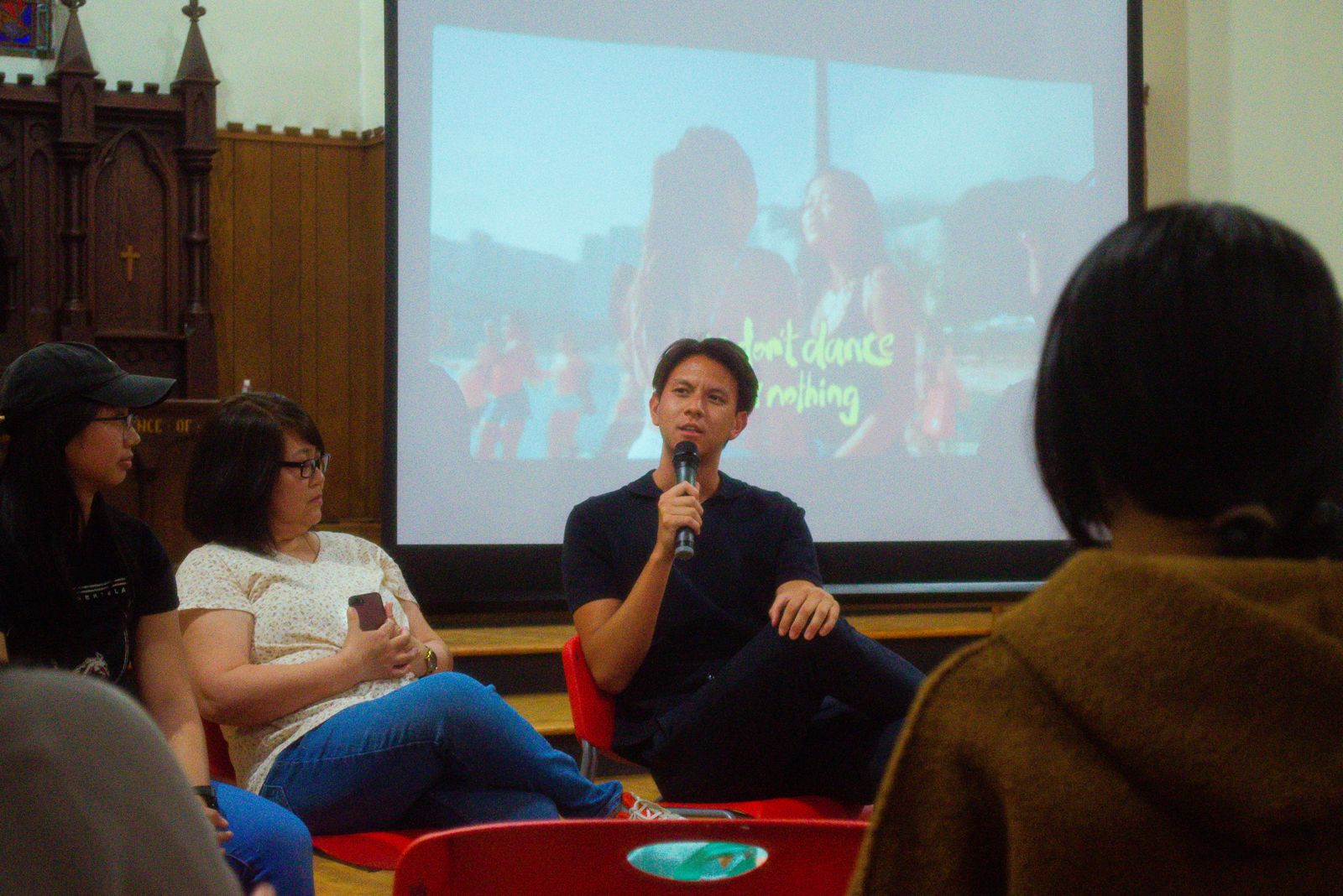
In the limelight
In terms of encouragement, nothing beats having a role model emerging from the community.
Xyza Cruz Bacani’s story marks a milestone of achievement by a Hong Kong FDH. In 2015, Bacani won the prestigious Magnum Foundation Photography and Social Justice Fellowship and has featured in major international art fairs.
But Bacani’s case remains the only one of its kind so far and has not necessarily altered the way FDHs dancing in Hong Kong’s parks or hunting for candid moments to capture on camera on a Sunday afternoon are looked upon, or rather remain unnoticed, by the general public.
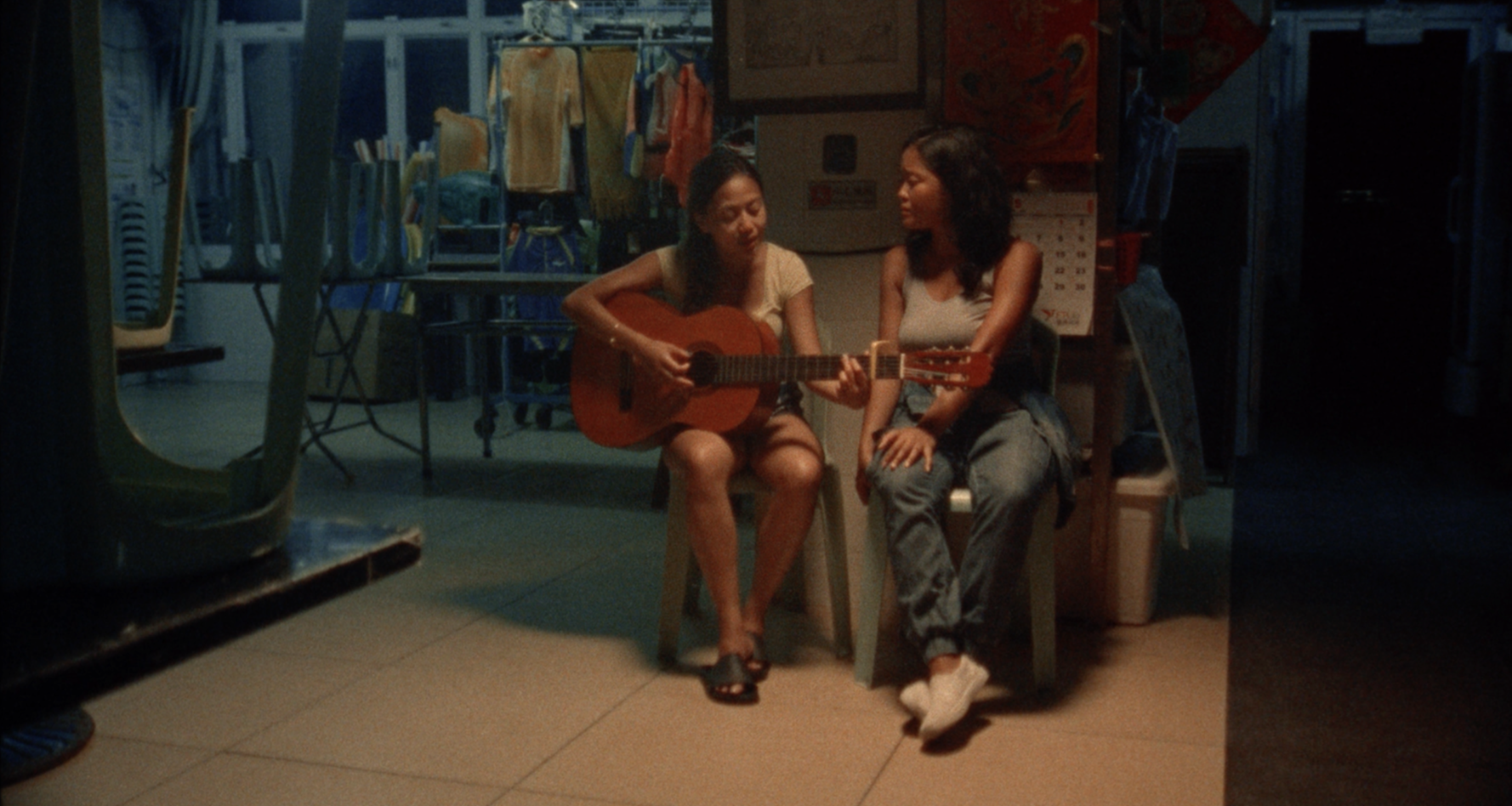
Stefanos Tai, director of We Don’t Dance for Nothing, a film showing a romance between two Filipina FDHs, says that these women are often misunderstood or flattened into tropes. “I was mainly inspired by the street dancing of FDHs in Hong Kong,” he says. “I couldn’t understand why the city did not appreciate their talent and creativity and didn’t see them as dignified people.”
His film shows his subjects as dancers, mothers, and romantic partners, not necessarily defined by the FDH label. “I want people to see them as whole individuals, not just FDHs with hidden talents,” he says.
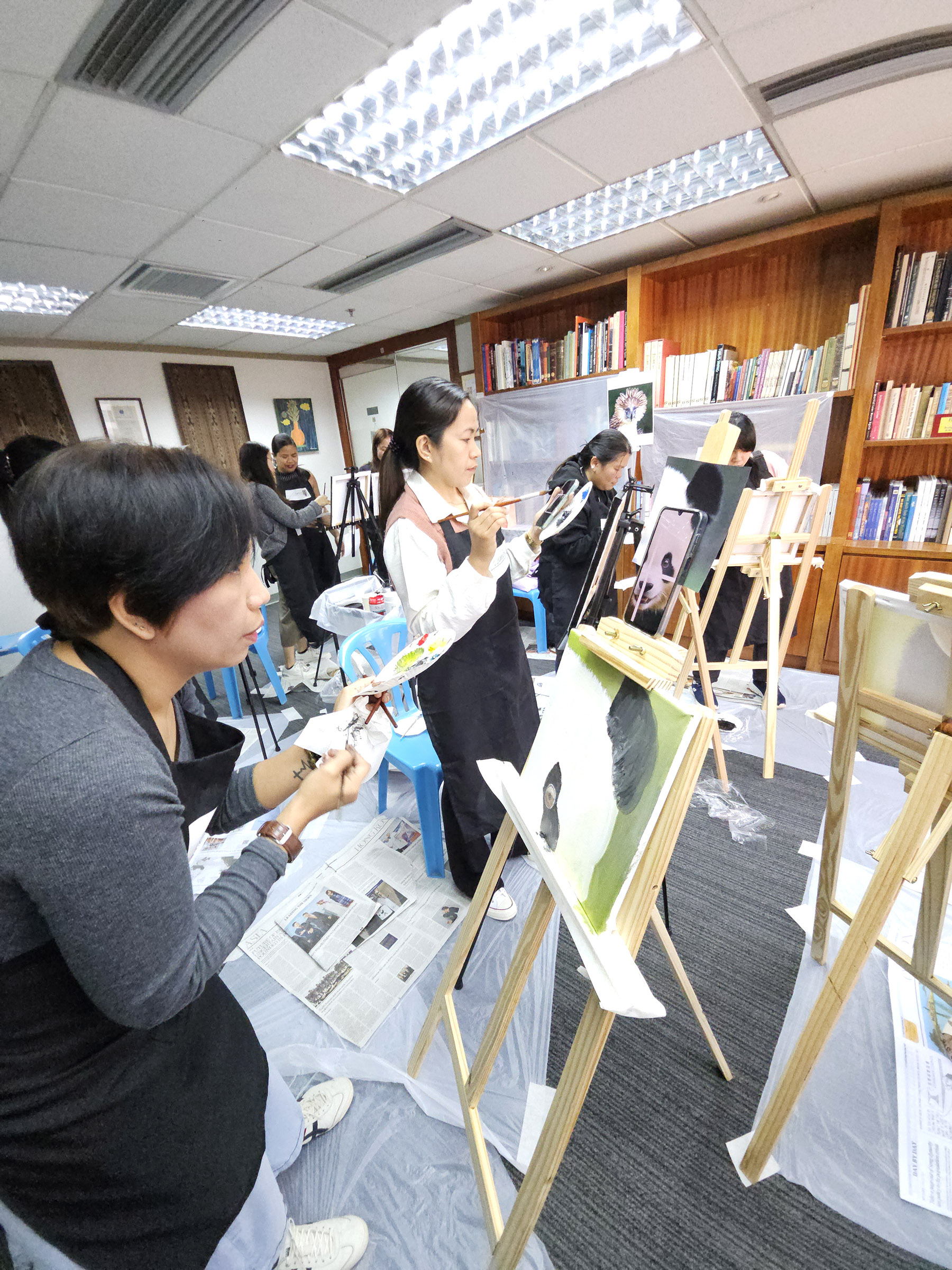
A question of identity
Sentro Rizal Hong Kong, the cultural arm of the city’s Philippine consulate, has launched a number of programs to spur on the creative spirits of the people it refers to as overseas Filipino workers (OFWs). It hosts a monthly Sining Malaya Art Corner showcase that has featured OFWs who are also poets, photographers, visual artists and a tattooist.
A former Hong Kong FDH, Wilma Gaspili returned to the Philippines in 2016 to build a cafe and practice the indigenous tattoo craft of the Benguet Kankana-ey tribe of the Philippines. Last year, her designs were featured in an exhibition at the consulate, held to mark the country’s National Language Month.
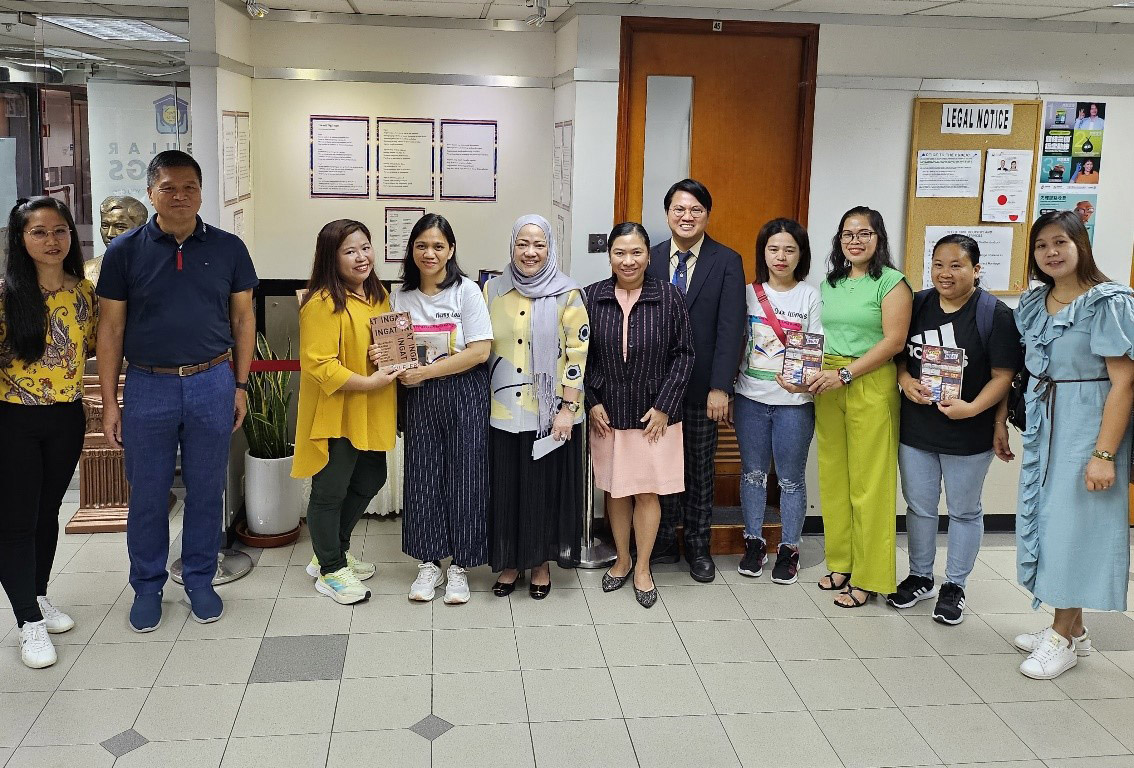
Gaspili says that getting to reaffirm her tribal heritage in Hong Kong “was a quiet act of resistance” against the stereotyping of FDHs. She adds that her practice serves as both “a sanctuary” for her to take refuge in as well as “a way of maintaining my identity” as an artist, and that being recognized as one has been “incredibly validating”.
Photos taken by Filipina FDH Dholeeh Ann Hidalgo were featured in an exhibition held as part of the consulate’s 18-day Campaign to End Violence against Women.
“Photography gives me a safe way to tell the truths that are often ignored,” Hidalgo says. “As a domestic worker, I don’t always have the freedom to express how I feel — but visual art sparks curiosity and helps others see what often words cannot convey.”
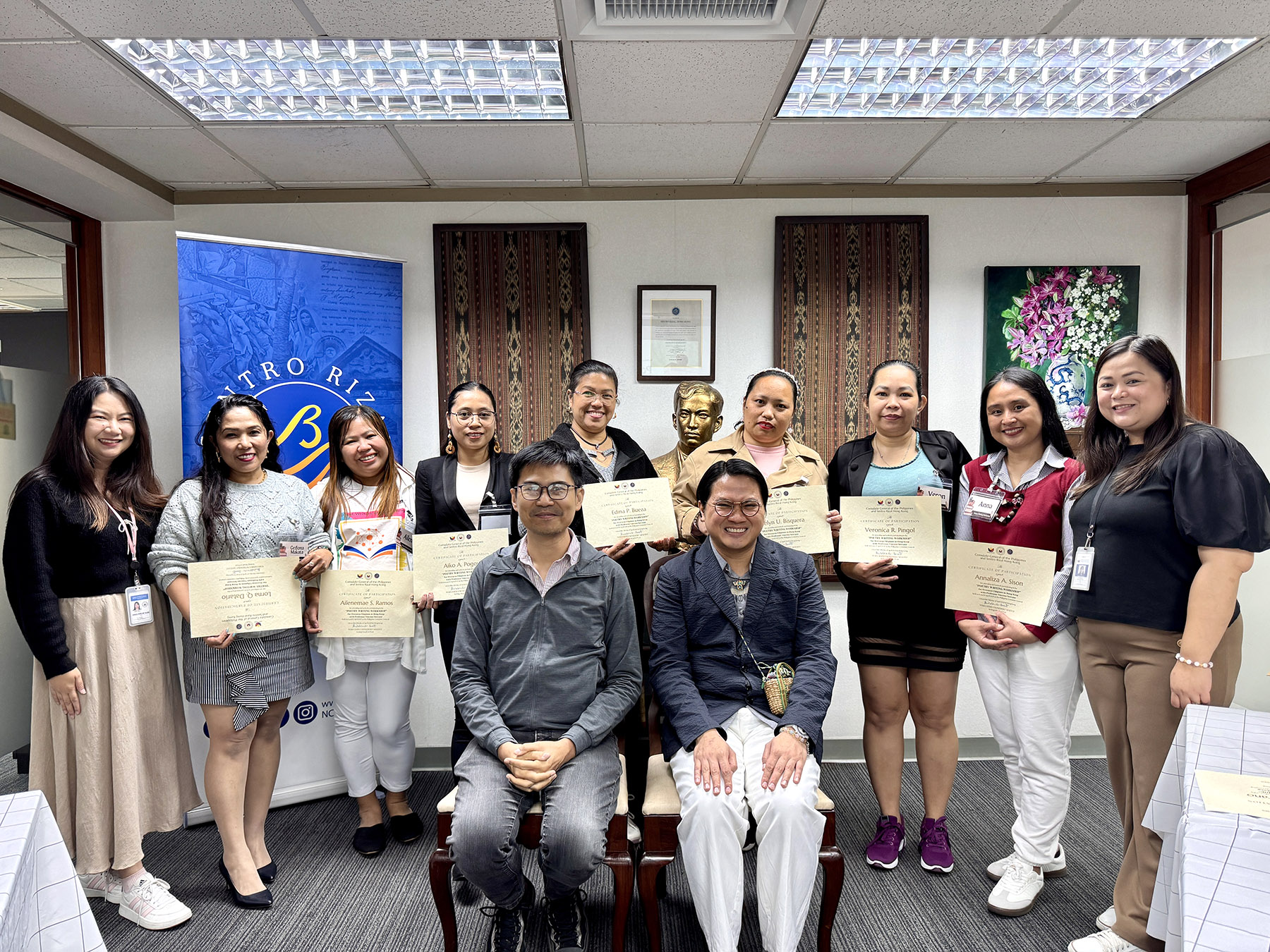
Growing support
Eric Fong, a chair professor of sociology at the University of Hong Kong, says that because Hong Kong FDHs are required to board with their employers, sometimes in a tiny flat, “the blurred line between their workplace and their private space makes it difficult to ensure that they are treated fairly.” And given the circumstances, it’s natural for some of the FDHs to try to find a creative “outlet to express how they’re treated”.
Fong believes Hong Kong’s universities can support the city’s FDH community by sharing their research findings with NGOs, students and other interested groups, who, in turn, might be inspired to start a campaign or host events to help their cause.
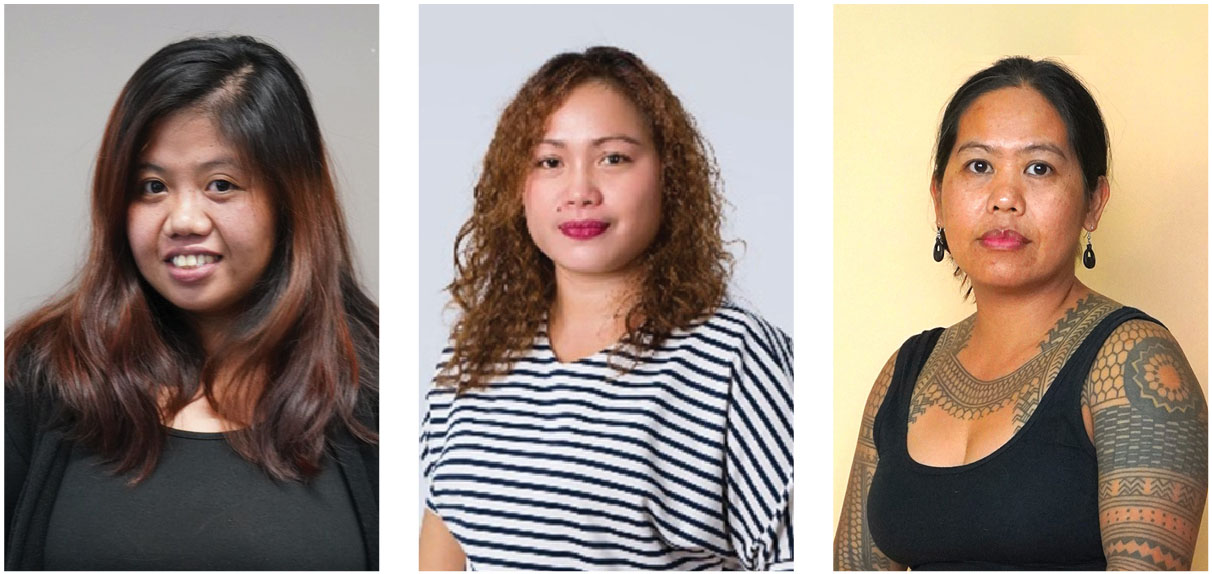
Anthropologist, author and academic Nicole Constable points out that over the past few years, the city’s FDH community has been receiving increasing support from some of its consulates, churches and NGOs. “They have provided more spaces for events, exhibitions, and celebratory events and recognized the importance of creativity in matters of self-care and wellness,” she says.
ALSO READ: Foreign domestic helpers in HK get 2.5% pay rise
She remembers being touched by the “skill and pride” demonstrated by the participating FDHs at a Migrant Bakehouse event held recently at Hong Kong’s Indonesian consulate. Moreover, some employers too are pitching in to nurture the artistic promise showed by the FDHs working for them. Constable mentions one such employer who bought art supplies for not just her own helper but also for the entire class of fellow FDHs she wanted to teach.
However, Constable hastens to add, there’s always the need for “more funding, more space, and wider visibility”.


